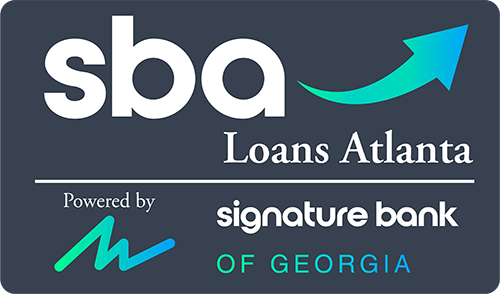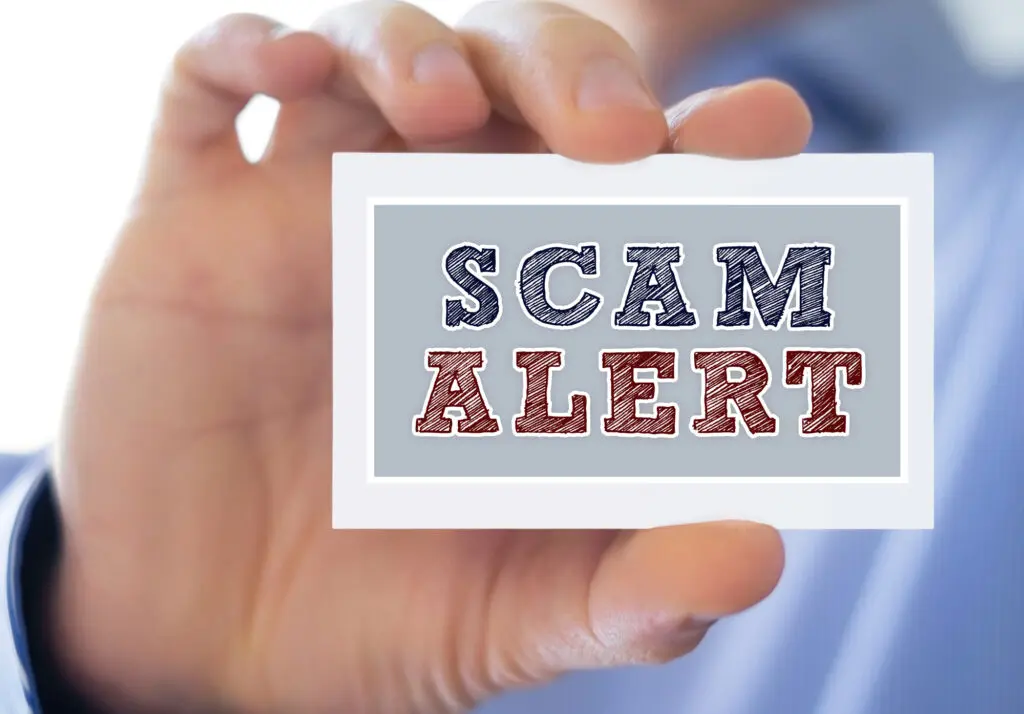At the end of 2020, banking fraud increased by 159%, especially with online banking. Because banking scams are so prevalent in our digital world, it is important you learn to recognize the signs of potential scams to protect your finances.
Do you want to learn more about the most common banking scams?
Keep reading this article to learn more about each type of scam and to see how you can avoid getting scammed.
ATM Scams
ATM scams are one of the most common types of banking scams. There are several different types of ATM scams, which typically involve stealing credit card information or your credit card PIN.
One of the most common ATM scams is known as skimming. A criminal will place a device inside the card slot of your ATM, which reads the information from your card. Then, they may use a hidden camera to record the PIN for your card. With this information, the criminals can withdraw money, duplicate your cards, or even use your information for unauthorized online transactions.
To avoid these types of scams, you can learn to look for credit card skimmers on ATMs. You should also regularly review your accounts to look for unauthorized transactions. Finally, be aware of your surroundings when you use an ATM.
If you notice anyone lurking too close to the machine, you may want to get your money at a different location.
Credit Card Scams
Credit card fraud happens when someone uses your credit card or your card information fraudulently. Scammers can steal your credit card information in many different ways.
For example, they can steal information if you purchase products from unsecured websites. They can also skim the information from an ATM or even use your lost card.
To keep people from using your credit card information, you must be careful when you purchase things online. Make sure you only purchase from secure websites and from trustworthy companies.
You can also set up bank account alerts. This is a great benefit of e-banking and will notify you if there is unauthorized activity on your account. Bank account alerts will make it easier to catch a scammer before they spend even more money.
Phishing or Spoofing Scams
Next, you need to be careful of phishing and spoofing scams. This typically happens when a criminal contacts their victims online or over the phone. They will come up with a believable story to get you to give them your credit card or banking information, or any other personal details.
When you are a victim of these scams, you may get a message from a company you use that asks you for personal information. These can seem very legitimate and believable, and they may even be able to change their caller ID to show the name of your company.
However, it is important to know that reliable companies will never contact you and ask you to share this personal information on the phone. If you don’t share this information with others, you can avoid most phishing scams.
Overpayment Scams
Next, you need to be cautious of overpayment scams. This often happens when you are selling something valuable through an online marketplace or auction. The scammer will respond to your ad and will pay you with some type of check for the item.
The check will be for more than the purchase price, so the buyer will ask you to send back the difference once you deposit the check.
However, the original check will bounce, which will leave you to cover the entire amount.
Whenever you are selling something to a stranger, make sure you never accept a check for more than the purchase price. You can also ask them for an alternative payment method that will provide you with instant payments.
Online Dating Scams
Online dating scams are often referred to as romance scammers. This happens more often to people connecting with people online. Often, romance scammers create fake profiles on dating apps. They spend a lot of time reaching out to their targets, building trust, and developing a relationship with them.
Then, they will create a story and ask you for money. For example, they may ask you to pay for their medical expenses, pay for their travel documents, or even pay for a plane ticket for them to visit their family.
To avoid this scam, it is best to never lend anyone money if you haven’t met them in person.
Unsolicited Check Fraud
Finally, you need to be cautious of unsolicited check fraud. This happens when a scammer sends you a check without any reason. You may get a check from someone you don’t know. Once you cash the check, they will ask you to send the money back to them.
However, the first check is fake and will not add any money to your account. If you send the scammer money to repay them for the original check, you will not be able to get your money back. Plus, cashing this check may be authorizing other payments, like automatic withdrawals, new loans, or another purchase.
It is very difficult to cancel these memberships. If you ever receive an unknown check in the mail, you should never deposit it without verifying its origin.
Learn More About How to Prevent Banking Scams
Banking scams are becoming increasingly common and clever. It can be difficult to spot fraudulent activity, so learning more about each of these types of scams will help you be prepared.
Do you want to learn more about how you can protect your finances and avoid these common banking scams? Signature Bank of Georgia can help! We offer personal and business banking solutions and other banking advice.
Contact our team today to learn more about our banking services and to learn more about how you can practice banking safety!


